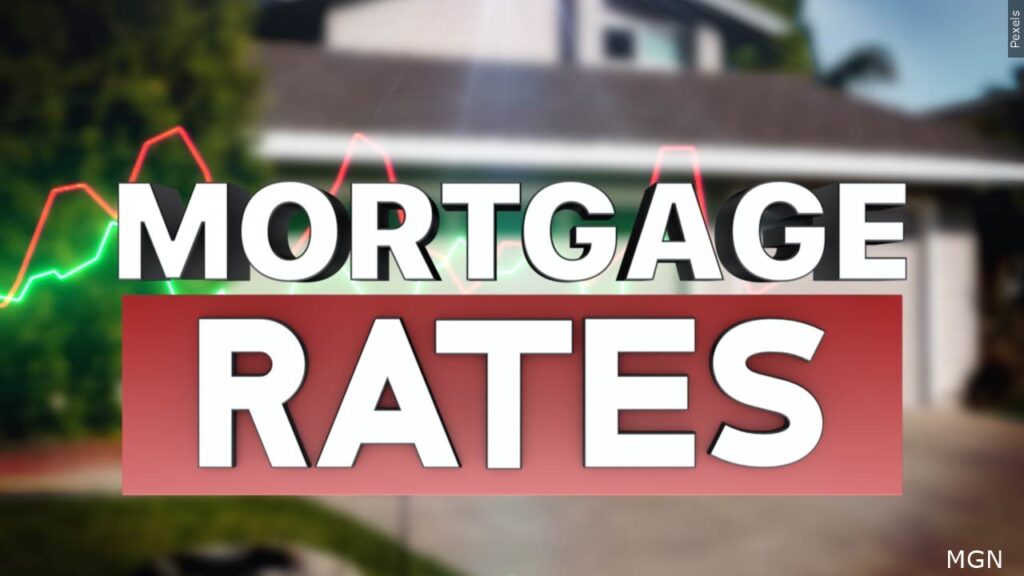Finding the right financial advisor can feel like searching for a needle in a haystack. But when it comes to your financial future, choosing someone you can trust implicitly is paramount. That’s where a fiduciary financial advisor comes in. This blog post will guide you through what makes a fiduciary advisor different and how to find a qualified one near you.
Understanding Fiduciary Duty
The cornerstone of a fiduciary relationship is the advisor’s unwavering legal obligation to act in your best interest. Unlike some advisors who merely have a suitability standard, fiduciaries prioritize your needs above their own financial gain. This means transparency, ethical practices, and a commitment to your long-term financial well-being. 
What to Look for in a Fiduciary Advisor
Not all advisors advertise themselves as fiduciaries. Thorough research is key. Look for certifications like a Certified Financial Planner (CFP) designation, which denotes a rigorous professional standard. Learn more about financial advisor certifications to help you in your search. You’ll also want to check their background and experience. A reputable firm will readily provide this information. You should also assess their communication style and how well you connect with them—trust is essential. [IMAGE_2_HERE]
The Benefits of Working with a Fiduciary
The advantages of partnering with a fiduciary financial advisor are numerous. They offer unbiased advice, creating personalized plans tailored to your specific circumstances. This proactive approach often leads to better investment outcomes and increased financial security. Read our case studies to see real-life examples of how a fiduciary advisor made a difference for our clients. Their expertise can help you navigate complex financial situations like retirement planning, estate planning, and tax optimization, saving you time and potential headaches. Moreover, the peace of mind that comes with knowing your advisor is legally bound to act in your best interest is invaluable.
Finding a Fiduciary Financial Advisor Near You
Your search should begin online. Many resources help you find qualified advisors in your area. Start by using online search engines, and remember to specify “fiduciary financial advisor.” You can also check directories provided by professional organizations like the CFP Board. Check out this helpful resource to start your search. Narrowing down your search involves considering factors like their fees and specializations. Some advisors may focus on a niche, like retirement planning or wealth management. Compare several advisors before making a decision.
Initial Consultation and Fee Structure
Before committing to any advisor, schedule a consultation. Use this time to ask questions about their approach, fees, and services offered. Be sure to understand exactly how they’re compensated. Transparency in their fee structure is vital. Understand if they work on commission or charge a fee for their services. Here is another great resource for finding a financial advisor. Compare their fees and ensure they align with your budget and financial goals.
The Importance of Ongoing Communication
A strong advisor-client relationship relies on open and consistent communication. Your advisor should keep you updated on the performance of your investments, answer your questions promptly, and be readily available when you need them. Don’t hesitate to reach out if you have any concerns or require clarification on any aspect of your plan. Regular reviews are also vital to ensure your strategy remains aligned with your evolving needs.
Protecting Yourself From Financial Fraud
It’s crucial to be aware of common financial scams and how to protect yourself from fraudulent advisors. Always verify an advisor’s credentials and check their registration with the relevant regulatory bodies. If something feels off or seems too good to be true, trust your instincts and seek a second opinion. [IMAGE_3_HERE] Learn about common financial scams here.
Conclusion
Finding a trustworthy fiduciary financial advisor is a significant step towards securing your financial future. By understanding the characteristics of a fiduciary and diligently conducting your research, you can confidently find a qualified advisor who aligns with your financial goals and values. Remember, your financial well-being is a priority, and choosing the right advisor is a crucial part of safeguarding it.
Frequently Asked Questions
What is the difference between a fiduciary and a non-fiduciary advisor? A fiduciary advisor is legally obligated to act in your best interest, while a non-fiduciary advisor has a suitability standard, meaning they must only recommend investments suitable for your situation.
How can I verify an advisor’s credentials? Check their certifications (like CFP), registration with relevant regulatory bodies, and look for online reviews and testimonials.
What questions should I ask a potential advisor during a consultation? Ask about their fee structure, investment philosophy, experience, client success stories, and how they communicate with clients.
How often should I meet with my financial advisor? The frequency of meetings depends on your needs and your advisor’s approach, but annual reviews are usually recommended. Regular check-ins can be beneficial for keeping your plan aligned with your objectives.
What if I’m not happy with my current financial advisor? If you’re dissatisfied, it’s okay to seek a second opinion or change advisors. You have the right to find an advisor who meets your needs and builds a trusting relationship with you.



